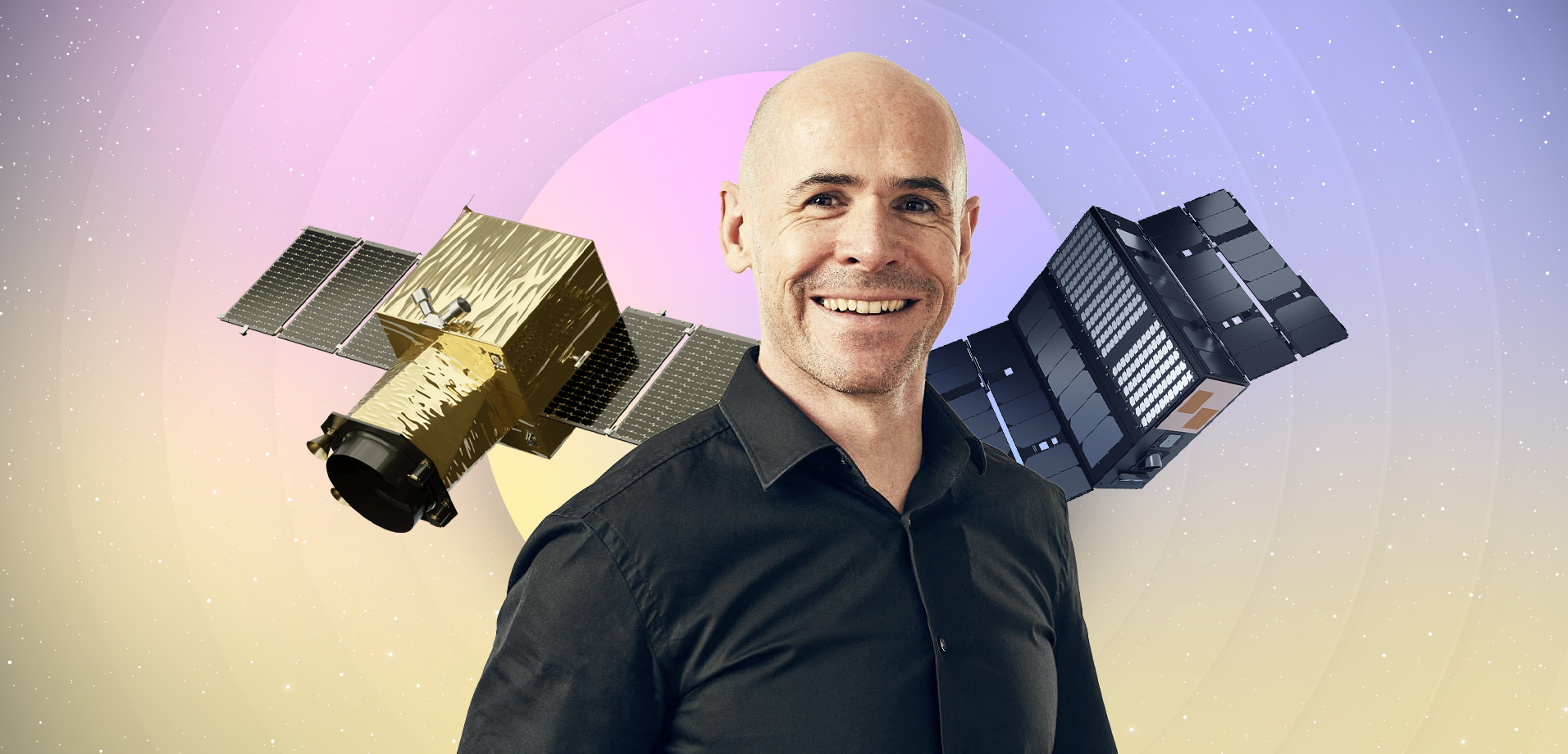AAC Clyde Space is one
of the leading companies producing space hardware in the UK. Founded in 2005,
this enterprise has clients all over the world, shipping nano-satellites,
control systems, solar panels, and other high-tech space products worldwide.
Clyde Space owes its
success to its founder and CEO, Craig Clark, whose activity is highly esteemed
not only in his homeland but all over the world. In 2012, Clark won a KTP and
in 2013, he received the Royal Innovation and Technology Award.
At the age of 47, Clark
is a member of the UK Space Leadership Council, a graduate member of the IET
(Institute of Engineering and Technology), and the American Institute of
Aeronautics and Cosmonautics, as well as an honorary member of IESIS 2017. He is
already a prominent figure in the history of space exploration as part of his
journey that started 25 years ago.
Craig Clark was awarded an MBE in 2013.
Clyde Space Story: from a small Scottish company to an international leader
Craig Clark was born in
Central Scotland in 1973. At the age of 21, he graduated from the University of
Glasgow with a bachelor’s degree in engineering. Soon, Clark started working as
an energy systems engineer at Surrey Satellite, a company dealing with small
satellite manufacture and operations. This was Clark’s first step into the
space industry and the beginning of an impressive career.
In 2001, Clark received
a master’s degree in satellite engineering from the University of Surrey and,
four years later, founded his own company — Clyde Space Ltd.
Clyde Space Ltd. focused
on providing energy solutions for small satellites. Its success was
skyrocketing, and, by 2017, the company already occupied about 40% of the
global market.
Clyde Space most notable
clients are large enterprises, such as Raytheon, Airbus, and OHB. In 2014, the
company made its first small satellite launch from Russia — UKube-1.
However, most clients
come from the US, which is not at all surprising. To meet their demand, Clark
opened an American branch in 2016. The decision was not only logical but also
quite successful. Deliveries to American customers very quickly exceeded 60% of
the total turnover. One more event was quite notable in 2016: the company
received the Glasgow Business Award for Innovation.
2017 brought even more
awards to Clark and his company’s portfolio. Clyde Space Ltd. received the
Queen’s Award for Entrepreneurial Innovation, as well as the Sunday Times
Innovation Award.
In January 2018, Clyde
Space merged with the Swedish company AAC Microtec under the new name of AAC
Clyde Space. However, the company continues to develop products for the small
satellite market. CubeSats nano-satellites are just one of its specialties.
Satellite as a service
Today, AAC Clyde Space
is one of the leading small satellite companies that deal with nano-satellite
technology. One of its high-end products is Orientation, Definition, and
Control System (ADCS) developed for the US Navy. The system allows you to
determine the exact location of the satellites and ensures high-accuracy
control over the spacecraft.
The company has
developed a number of standard off-the-shelf platforms using the CubeSat
technology. They ensure support for the next-generation, high-performance
constellations: satellite networks with global real-time coverage.
Now, about half of AAC
Clyde Space’s revenue comes from the sale of spacecraft components (power
supplies, on-board computers, solar panels). However, Clark is confident that
soon the market demand will change, and most of the orders will relate
specifically to constellations.
Clark believes that in
the future, customers will pay less and less attention to the space industry
specifics. That is why the ultimate goal of AAC Clyde Space is to create an
off-the-shelf product. Their ‘satellite as a service’ concept implies that the
company is responsible for the full scope of services, including development,
construction, the satellite launch, and operation.


Thank you for your comment! It will be visible on the site after moderation.